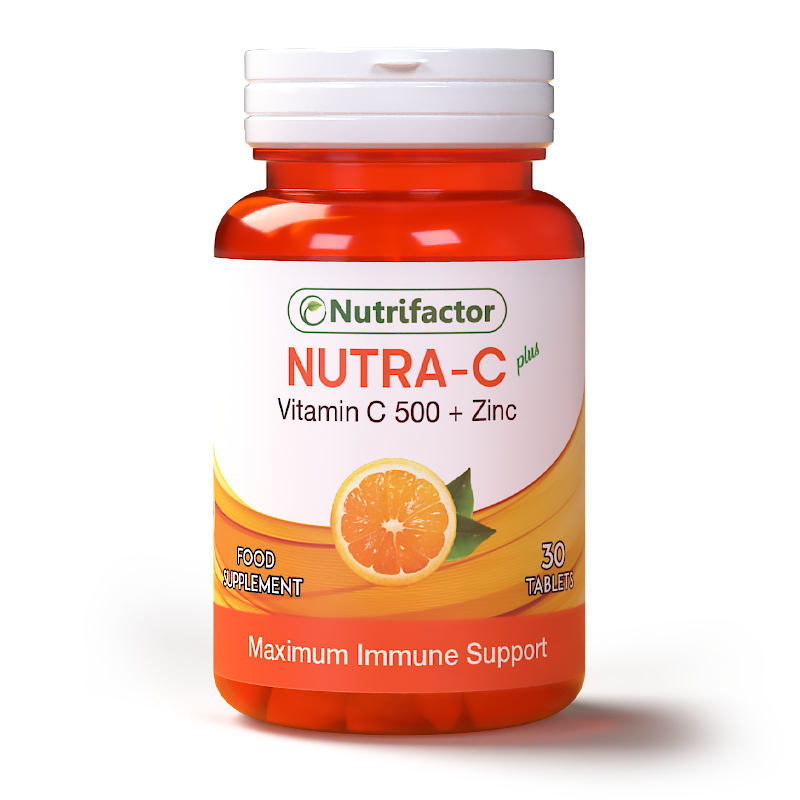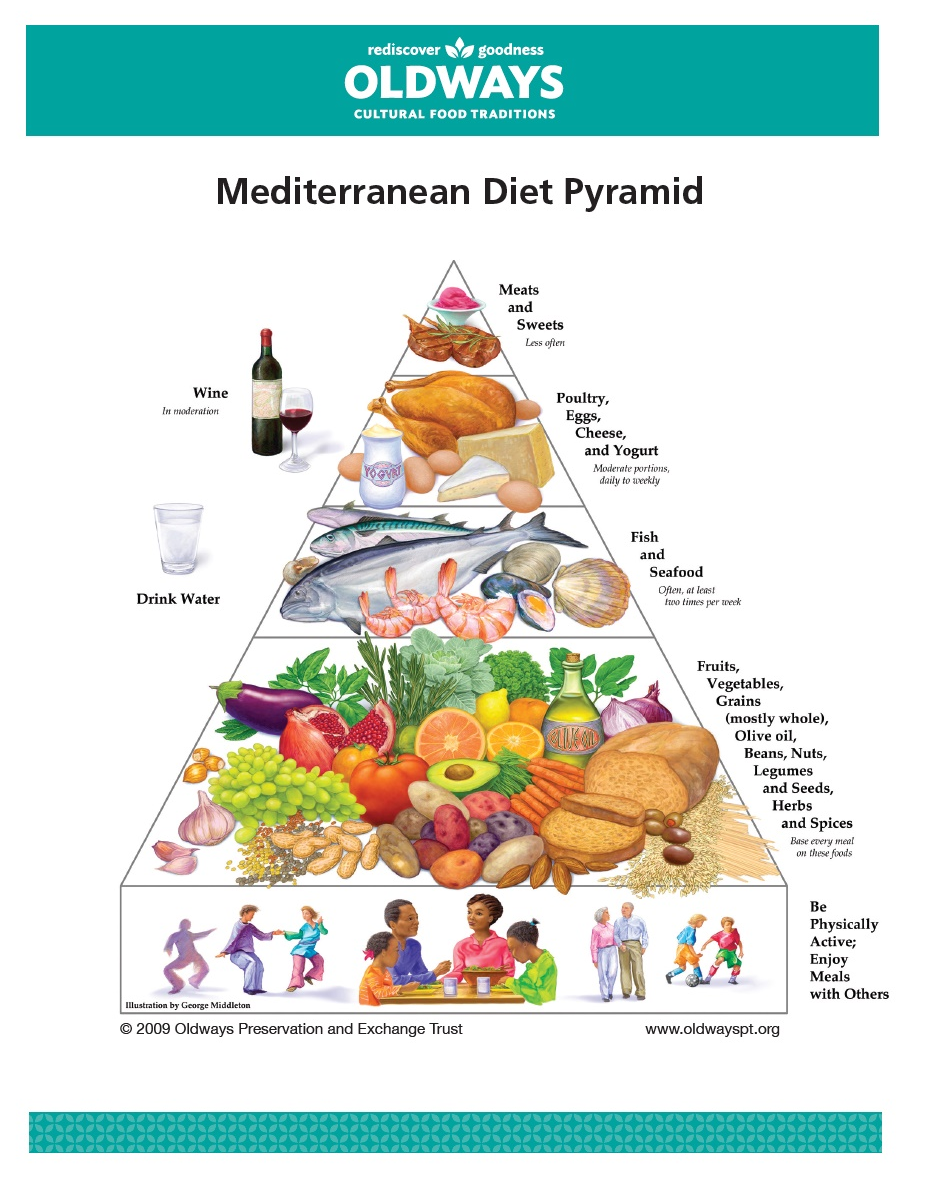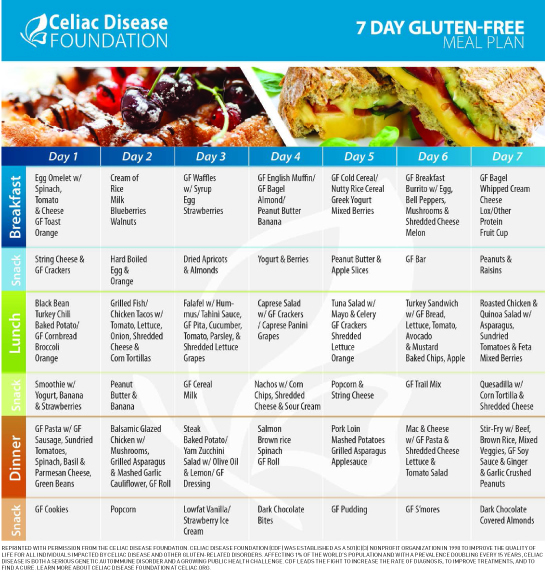
Immunity Boost: Unleashing the Power of Vitamin C
Vitamin C, renowned for its immune-boosting properties, is a crucial component in supporting the body’s defense against illnesses. In this exploration, we unravel the significance of Vitamin C for immune support, understand its diverse benefits, and explore practical ways to incorporate this powerhouse vitamin into your daily routine.
The Immune System and Vitamin C: A Dynamic Duo
The immune system is the body’s natural defense against infections and illnesses, and Vitamin C plays a pivotal role in supporting its functions. This water-soluble vitamin enhances the production and function of white blood cells, the frontline soldiers in the body’s immune response. Including Vitamin C in your diet is like providing reinforcements to your immune army.
Antioxidant Armor: Vitamin C’s Shielding Effect
Vitamin C is a potent antioxidant, meaning it helps neutralize harmful free radicals in the body. Free radicals can damage cells and contribute to the aging process and various diseases. By acting as an antioxidant, Vitamin C shields the immune cells from oxidative stress, ensuring they stay robust and effective in combating pathogens.
Collagen Formation: Building Blocks of Immune Health
Beyond its direct impact on immune cells, Vitamin C plays a crucial role in collagen formation. Collagen is a structural protein that provides a framework for the body, including the skin, which acts as a physical barrier against pathogens. Adequate Vitamin C intake supports collagen production, contributing to the integrity of the skin and mucous membranes.
Vitamin C-Rich Foods: Citrus and Beyond
Citrus fruits like oranges, grapefruits, and lemons are often associated with Vitamin C, but the spectrum of Vitamin C-rich foods extends far beyond. Bell peppers, strawberries, kiwi, and broccoli are excellent sources. Incorporating a variety of these foods into your diet ensures a diverse nutrient profile, enhancing overall health and immune support.
Cooking Considerations: Retaining Vitamin C Potency
While Vitamin C is sensitive to heat, light, and air, adopting specific cooking practices can help retain its potency. Opt for methods like steaming or microwaving, which minimize nutrient loss. Additionally, consuming Vitamin C-rich foods raw or minimally processed preserves their nutritional value, ensuring you harness the maximum benefits.
Supplementation: A Strategic Support Option
While a balanced diet should ideally provide sufficient Vitamin C, certain situations may warrant supplementation. Individuals with specific health conditions, dietary restrictions, or those prone to Vitamin C deficiency may benefit from supplements. However, it’s crucial to consult with a healthcare professional to determine the appropriate dosage.
Daily Intake Guidelines: Tailoring Vitamin C Needs
The Recommended Dietary Allowance (RDA) for Vitamin C varies based on factors like age, gender, and overall health. Tailoring your Vitamin C intake to meet individual needs ensures optimal support for the immune system. Consider factors like stress, physical activity, and exposure to environmental pollutants when assessing your Vitamin C requirements.
Timing Matters: Consistency in Vitamin C Consumption
Consistency is key when it comes to Vitamin C intake for immune support. Since the body doesn’t store Vitamin C, regular consumption is essential. Including Vitamin C-rich foods in every meal or snack helps maintain a steady supply throughout the day, providing continuous support to the immune system.
Vitamin C for Immune Support: A Holistic Approach
In conclusion, embracing the power of Vitamin C for immune support involves a holistic approach to nutrition and wellness. To delve deeper into insights and tips on incorporating Vitamin C into your routine, visit Vitamin C for immune support. Discover a myriad of delicious ways to fortify your immune system and elevate your overall well-being through the wonders of Vitamin C.




